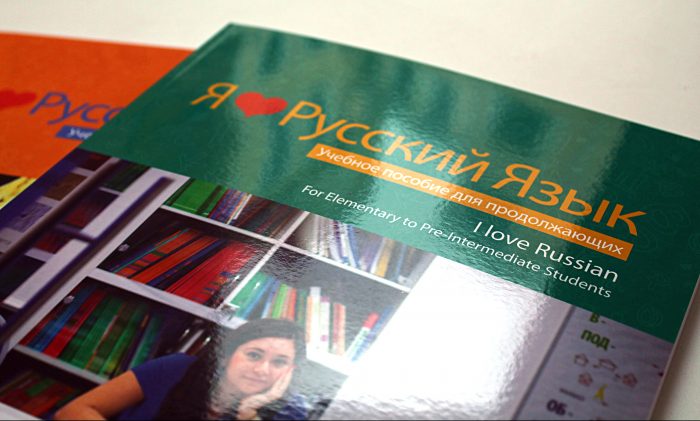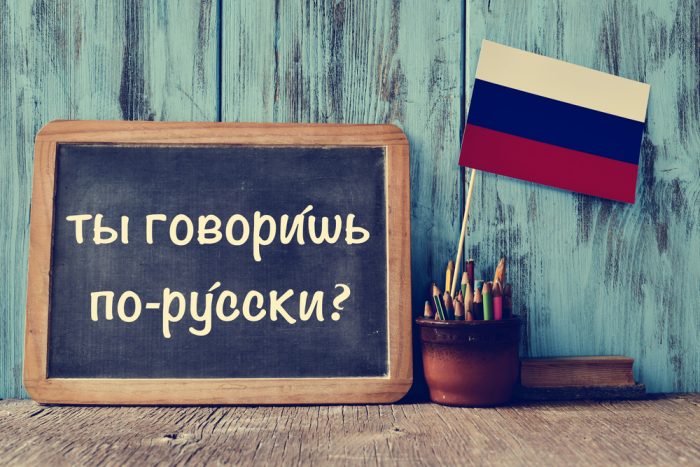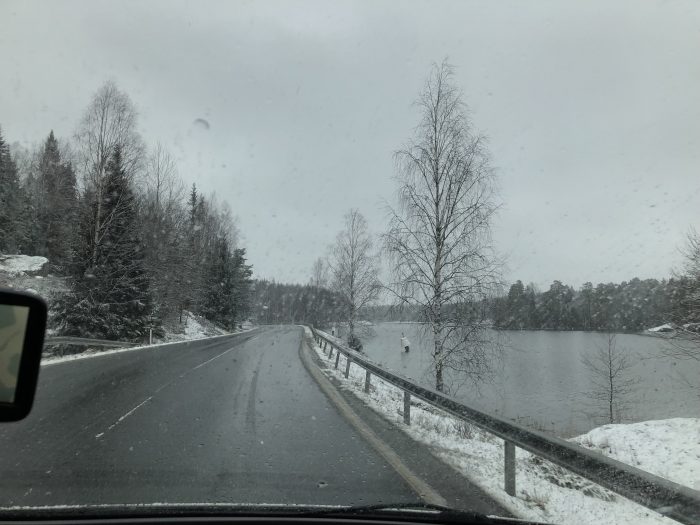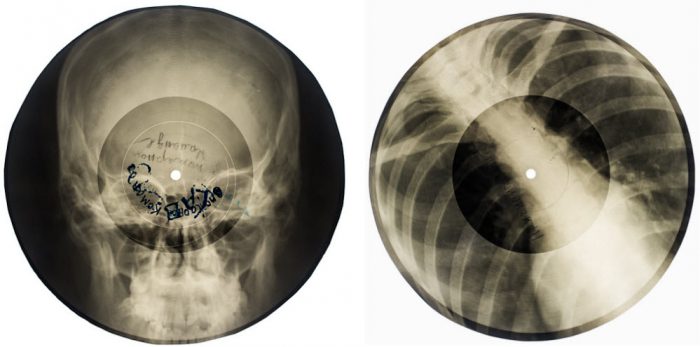
Recently we published a blog post briefly discussing different options to move to Russia. In this post, I would like to go a bit deeper and share with you my personal experience with one of the ways to live in Russia: volunteering. It was one of the most amazing periods of my life. I hope you find my experience interesting!
For a long time, I had the idea on the back of my mind to quit my job and to start a new adventure. And the ideal destination for me was clear from the very beginning: Russia.
As I have been involved in the world for volunteering for a long time, I wanted to explore Russia volunteering there. I won’t lie to you. It was not easy to find a volunteering opportunity that would fit me in Russia. It took me a long time and a million hours of thorough research. Finally, the opportunity of moving to Russia was given to me thanks to what the European Voluntary Service (EVS) now called European Solidarity Corps (ESC). Russia is a partner country in the program, which means you can expend up to one year in the motherland thanks to this program!
The ESC gives opportunities to volunteer or work in projects in their own country or abroad that benefit communities and people around Europe. You just need to be under 30, a legal resident in the EU Member States (or program associate country like Russia) and be highly motivated to apply. The European Union will cover practically all the expenses (including accommodation, transportations, food allowance and pocket money for your expenses). Not bad, right?
Not everything is perfect, though. Although I was a volunteer for one whole year, is not currently possible to get a humanitarian visa for a year. If you decide to do long term volunteering in Russia, you will have to apply for a new visa every three months. That means you will have to leave the country every three months… Still worth it. You can read more on my article about moving to Russia
I think I heard that question about a hundred times when I was a volunteer. My usual answer was: why not? Many of the EVS vacancies I found online to volunteer in Russia were related to childcare and work with handicapped people. Necessary and rewarding though these tasks might be I couldn’t see myself doing that for an entire year. Furthermore, I wanted to live in a small city. I wanted to experience life in Russia outside of the modern and highly developed cities. That’s the reason why I started to actively search for alternatives.
After contacting several NGOs in Russia which could welcome EVS volunteers I was offered to join a small team of extremely nice people working in an NGO named OPORA in Yoshkar-Ola (you can read more about the city on my previous post). There I was offered the opportunity of creating a project that would fit my interests and experience in the sphere of non-formal education. We can see that I didn’t choose the city, it chose me! And I’m immensely happy I moved there.
I arrived in Yoshkar-Ola to promote foreign languages, but in the end, I did much more than that. I was in charge of discussion clubs in English and Spanish languages but I was also responsible, together with other EVS volunteers of a films club КиноКлуб Йошкар-Ола. The film club gatherings were held every other week and we were watching films in an original version with subtitles. The films were also an excuse to discuss different topics such as democracy, environment or gender roles.
For a few months, I was also helping to organize an international cooking workshop in the city named Мировая Кухня. Yoshkar-Ola is a small city but hosts a relatively high number of foreign students. Unfortunately, these students do not always mingle much with the Russian population. The idea was to create a space where locals and foreigners could meet and share. In each session, one foreigner was teaching the participants how to cook (and eat) a dish from his or her country. I had the hard task of teaching how to make a Spanish omelette and how to flip it!
I also took part in the most famous project of the NGO where I was volunteering Tramplin. For one week we were living in the forest together and organizing activities for the children attending the camp. The idea of the summer camp is giving children living in the city and children living in different orphanages in the region to meet and learn from each other. Tramplin is a world on its own. A magical place where to spend the summer.
Although I was a volunteer for one whole year, is not currently possible to get a humanitarian visa for a year. If you decide to do long term volunteering in Russia, you will have to apply for a new visa every three months. That means you will have to leave the country every three months… Still worth it. You can read more in my article about moving to Russia.
I had to face many challenges while living volunteering in Russia. The language barrier was a big issue, there were many customs(habit) I did no quite get and I even feared for my life a couple of times. I still get goosebumps when I remember the day I slipped in the ice and I squeezed under an old soviet trolleybus that was about to leave (thank Felix for saving my life!).
Living in Russia really took me out of my comfort zone, which was exactly what I was looking for. Even if it was not always easy and sometimes even scary I Still consider all the challenges and the risks taken were totally worth it. Volunteering in Russia is an experience of a lifetime. I learnt a lot about Russia but I also learn a lot about myself. I had really great moments and many difficult moments as well. But I would take part in the experience again if I could.

Students will be happy to learn that the Russian Government has today announced plans to make Russian language easier in an effort to simplify greater international engagement. …

In a previous post, we revealed that Russians don't really say “na zdarovje” when they toast. While the phrase has been popularised in English language media – and a lot of Russians will nod politely and clink glasses with you if you use it – it’s not something a native speaker would ever…

Improve your Russian while working as an expat? Mission possible! …

What could be a better way for Russian immersion than reading, especially when you read the books that you find interesting and that can give you a better idea of the culture of Russia? Co-founder of Liden & Denz, Walter Denz shares his experience on how reading Russian literature can improve your…

Learning a language is hard. Keeping it when you don't have classes is even harder. So this article is not about how to learn Russian, but how to maintain your Russian. …

I love Russia. I have been living in St. Petersburg for almost two months, and after travelling all around the world it feels like I have finally found a place where I would see myself settling down. The inexorable beauty of the streets, the architecture, the importance of art and culture, the water…

Oh, the Russians! I was recently watching the last season of Stranger Things and, to my surprise, Russians are quite present there. For those of you who might not be familiar with the TV series, it is set on an American town during the 80s. And what do we recall from those times? The unique fashion…

In an attempt to improve my Russian skills, I decided to start watching a TV series in Russian. After thorough research, the result of which you can read on my post about how to learn Russian with Netflix, I decided I would start watching Fartsa. I am no sure of how much Russian I am learning thanks…